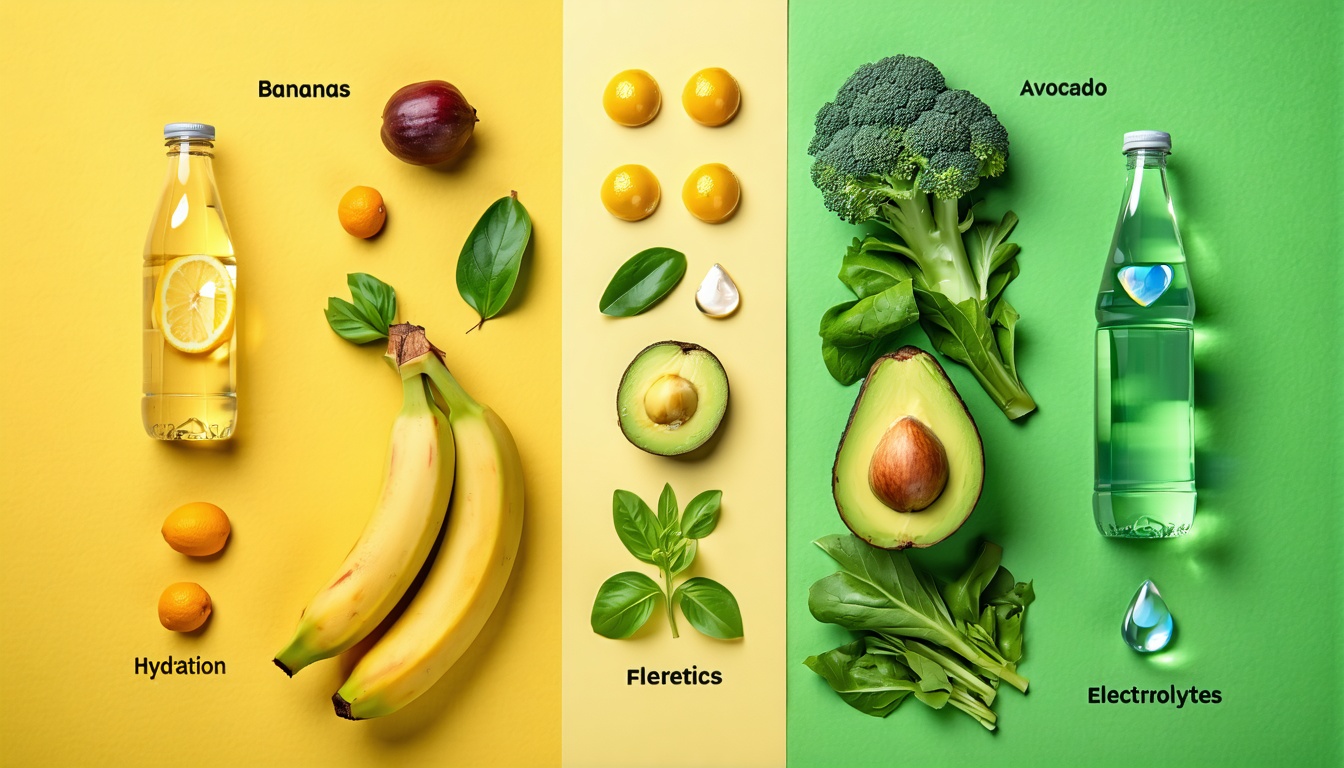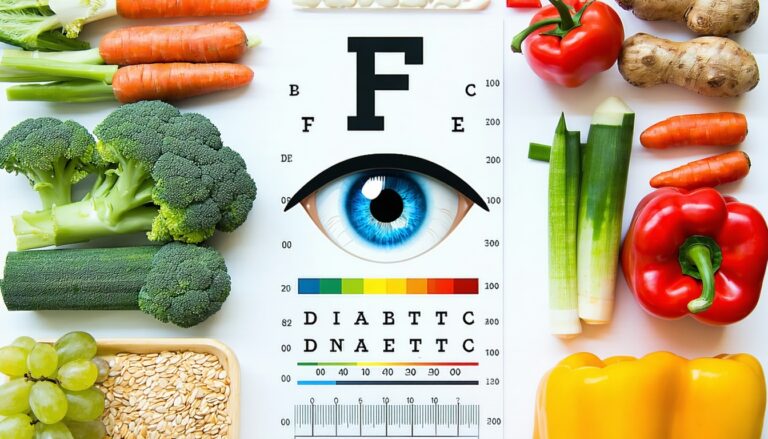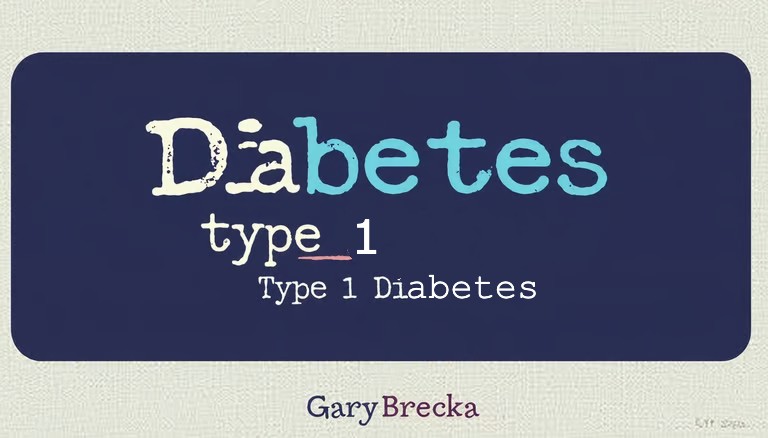Electrolyte Benefits for Diabetics: Hydration Made Easy
Learn about the electrolyte benefits for diabetics! Boost energy, focus, and hydration with ease.
Importance of Electrolytes for Diabetics
Electrolytes are like the backstage crew keeping our bodies’ show in order. For those of us wrangling with diabetes, these hidden heroes are even more important. We’re talking about heavy-hitters like sodium, potassium, and magnesium—each playing a part in muscle moves, balancing the body’s pH, and keeping us hydrated. Here’s the lowdown on what each does for our body:
| Electrolyte | Job on the Team |
|---|---|
| Sodium | Keeps fluids in check, blood pressure in line |
| Potassium | Flexes muscles and snaps nerve signals |
| Magnesium | Helps muscles, nerves, and keeps sugar steady |
Getting why these guys are important? Imagine sodium as the water distributor ensuring things flow smoothly for blood pressure—a real concern for those dealing with diabetes (Byram Healthcare).
Role of Electrolytes in Diabetes
If you’ve got the sugar, you know the drill—high levels can dry you out faster than a popsicle in August. This dehydration messes up your electrolyte squad, which can cause muscle cramps, headaches, or serious stuff like an irregular beat in your ticker or, worst-case scenario, seizures (source).
Dehydration’s a sneaky gremlin that can morph into diabetic ketoacidosis, a nasty piece of work thanks to sugar and water acting like oil and vinegar in your blood. Keeping our electrolyte trio—sodium, potassium, and magnesium—on the level helps dodge scary things like heart troubles and even cardiac arrest (source).
| Condition | Electrolyte Mix-Up |
|---|---|
| Diabetic Ketoacidosis | Jumbled potassium, magnesium, sodium (NCBI) |
| Nonketotic Hyperglycemic Syndrome | Missing potassium, magnesium, phosphate (source) |
Knowing these troubles and understanding electrolyte roles means we’re on top of the game, leveling up our health. Check out more on how to balance electrolytes and keep that hydration in check with our piece on electrolyte imbalance in diabetes. And for a tasty twist, discover electrolyte-rich foods for diabetes to spice up your plate.
Electrolyte Benefits for Diabetics
Keeping the right balance of electrolytes is key for all of us, however, the benefits are extra for diabetics. Let’s break down how these little helpers boost our energy, sharpen our minds, and keep our digestion working like a well-oiled machine.
Energy and Electrolytes
Think of electrolytes, like sodium, potassium, and magnesium, as the backstage crew making sure every cell in our bodies performs its best show (Byram Healthcare). They keep us hydrated, help our muscles flex and relax, and make sure nutrients get where they need to go. Without them, we’re running on half-empty.
Ever felt wiped out or too tired to finish a day? Muscle weakness in diabetics is often caused by low electrolytes. Keeping those levels in check helps keep cramps and fatigue at bay, giving us the oomph we need to tackle whatever comes our way.
Mental Clarity and Focus
Your brain relies on sodium, potassium, and magnesium to keep firing on all cylinders (source). An imbalance can cause us to feel foggy, dizzy, or even more serious mental mix-ups. When our brains have what they need, we’re able to focus clearly and function at our best.
By keeping an eye on our electrolyte levels, we ensure our mental gears are grinding smoothly. This focus helps us stay on top of diabetes management, make smarter choices, and handle day-to-day tasks with ease.
Digestion and Electrolytes
Sodium, chloride, and potassium do more than just keep our hearts beating; they also keep our tummies running smoothly. They maintain fluid balance, crucial for digestion and nutrient absorption (source). If you’re dealing with diabetes, you might also wrestle with digestive hassles; an imbalance only makes those problems grow.
Solid electrolyte levels mean a happier stomach. This leads to better digestion, less bloating, and helps our bodies soak up essential nutrients without breaking a sweat.
Check out this quick cheat sheet of essential electrolytes and what they do for you:
| Electrolyte | Role in the Body |
|---|---|
| Sodium | Fluid balance, muscles, nerves |
| Potassium | Heart, muscles, nerve signals |
| Magnesium | Muscles, nerve function, blood sugar |
| Chloride | Fluid balance, digestive juices |
Grasping how important electrolytes are can be game-changing in managing diabetes. By keeping an eye on them, we boost energy, improve focus, and help digestion, making our lives healthier and more balanced.
Hydration and Electrolytes
Staying hydrated is pure survival fuel for diabetics, and the electrolyte benefits are like the unsung heroes making sure our tissues are dancing to the right tune. Let’s unpack the magic of these minerals, the hiccups they might cause for diabetics, and what we can do to keep things balanced.
Electrolytes for Hydration
Think of electrolytes—like sodium, potassium, and magnesium—as the team keeping your muscles moving, cells buzzing, and body in check when you have diabetes. These vital minerals keep our body’s water where it needs to be, which is super important to stay on top of overall well-being and dodge any nasty surprises.
| Electrolyte | What It Does |
|---|---|
| Sodium | Keeps your water levels in check, helps muscles flex |
| Potassium | Keeps cells and nerves working just right |
| Magnesium | Keeps muscles and nerves in sync, helps with blood sugar control |
Electrolyte Imbalances in Diabetes
When the balance tips, things can get a little rocky. Spells of dehydration or those sugar highs can wreak havoc with electrolytes, throwing symptoms our way like muscle aches, brain fog, exhaustion, heart flip-flops, and even convulsions. As diabetics, here are some imbalances to watch out for:
- Hypokalemia: This villain enters with insulin use, gut or kidney potassium loss, and can mess with insulin production and give sugar levels a boost.
- Hyponatremia: Caused by too much bathroom time, it sidelines sodium.
- Hypernatremia: Happens when we don’t drink up enough water.
Managing Electrolytes for Hydration
It’s not rocket science to keep those electrolytes in check and our hydration game strong. As diabetics, here’s how we can roll with it:
- Keep an Eye on Fluids: Sip on water and smartly chosen electrolyte drinks regularly. Check out what we think are the best electrolyte drinks for diabetics.
- Eat Your Way to Balance: Make sure your meals are packed with electrolyte-rich goodies like bananas (potassium), nuts (magnesium), and dairy (sodium).
- Regular Check-Ups: Routine lab tests can spot any glitches in your electrolyte levels. Get the nitty-gritty in our guide on diabetes and electrolyte balance.
| Electrolyte | Daily Goal (mg) |
|---|---|
| Sodium | 1,500 – 2,300 |
| Potassium | 2,500 – 3,000 |
| Magnesium | 310 – 420 |
By getting savvy about electrolytes and managing them like a pro, we can boost our hydration and health.
Electrolytes in Diabetes Management
Keeping our electrolytes in check can really make a difference when managing diabetes. Yep, understanding those lab results is key to keeping things balanced.
Lab Testing for Electrolyte Levels
For folks dealing with diabetes, hitting the lab now and then for a metabolic panel is a good idea. These tests help us spot any hiccups with our electrolyte levels early on, so we can adjust our plans as needed. Take it from the Cleveland Clinic, these tests dish out crucial deets on sodium, potassium, magnesium, and other important players.
Here’s a quick look at the normal ranges for these electrolytes:
| Electrolyte | Normal Range |
|---|---|
| Sodium (Na) | 135-145 mEq/L |
| Potassium (K) | 3.5-5.0 mEq/L |
| Magnesium (Mg) | 1.7-2.2 mg/dL |
| Phosphate (PO4) | 2.5-4.5 mg/dL |
Keeping a regular check helps us catch issues like low or high sodium levels, which can pop up in those of us managing diabetes (NCBI).
Interpreting Electrolyte Test Results
Deciphering those test results can feel like solving a puzzle. But cracking the code and knowing what’s considered ‘normal’ helps keep us on track. Here’s what you need to know:
- Sodium: Keeps our water levels and nerve signals on point. It’s like the Goldilocks tale—too much or too little, and things get tricky.
- Potassium: Our muscles, especially our hearts, love it. Messing up here can be risky.
- Magnesium: Helps control blood sugar and fuels us up. A shortage or overload can throw a wrench into glucose management.
- Phosphate: Powers up our cells and bones. Wild swings might flag down metabolic issues.
If the numbers are off, don’t hesitate to holler at our healthcare provider. They can help us tweak our diet, meds, or lifestyle to get back in balance. For some extra reading on electrolyte benefits for diabetics, check out our note on electrolyte drinks for diabetics.
By keeping a close watch on our electrolytes, we manage diabetes better and steer clear of trouble. Regular tests and wrapping our heads around those results are big steps in the right direction.
Key Electrolytes for Diabetics
Keeping our body’s electrolytes in check is like making sure every part of a car runs smoothly, especially for those of us dealing with diabetes. Today, we’re shining a light on sodium, potassium, and magnesium and why they’re a big deal for us.
Sodium and Diabetes
Sodium’s got a few starring roles: it helps keep fluids where they’re supposed to be, gets our muscles to work right, and keeps blood pressure in the zone. But playing it cool with sodium is key because too much or too little can stir up trouble.
- Having too much can raise your blood pressure, and we all know that’s bad news for the heart.
- Not enough sodium? You might feel as fuzzy as an old TV screen and be dragging your feet. Cramps, too.
So, let’s not wing it. Chat with your doctor about what’s right for you and check out our handy guide on electrolyte imbalance in diabetes if you’re curious to learn more.
| Sodium Level | Health Effects (mg/dL) |
|---|---|
| Normal | 135-145 |
| Low (Hyponatremia) | < 135 |
| High (Hypernatremia) | > 145 |
Potassium and Diabetes
Potassium is like a traffic cop for muscles and nerves and helps manage your body’s water levels. Those of us with diabetes need to keep potassium in the sweet spot to dodge heart hiccups.
- Too much potassium? Your heart might protest.
- Not enough might make your muscles feel like jelly and your heart act up.
Keep an eye on those potassium-packed snacks, and peek at our article on electrolyte-rich foods for diabetes for some tasty options.
| Potassium Level | Health Effects (mmol/L) |
|---|---|
| Normal | 3.6-5.2 |
| Low (Hypokalemia) | < 3.6 |
| High (Hyperkalemia) | > 5.2 |
Magnesium and Diabetes
Think of magnesium as the backstage pass at a concert—it’s involved in a ton of important stuff like controlling blood sugar and muscle tunes.
- When magnesium’s low, insulin might not work as well, and you could be saying hello to cramps and even seizures.
- Get enough of it, and you might see a smoother ride with insulin and sugar levels.
Make sure you’re getting your fill—your doc can help with your levels. For more on magic magnesium, check out diabetes and electrolyte balance.
| Magnesium Level | Health Effects (mg/dL) |
|---|---|
| Normal | 1.7-2.2 |
| Low (Hypomagnesemia) | < 1.7 |
| High (Hypermagnesemia) | > 2.2 |
Keeping our electrolytes in line isn’t just a nice-to-have—electrolyte benefits are a must-have for diabetics dodging diabetes complications. Regular checkups and being mindful of what you eat and drink can make a world of difference. Discover more about electrolyte drinks for diabetics that can keep you refreshed and balanced.








Leave a Reply